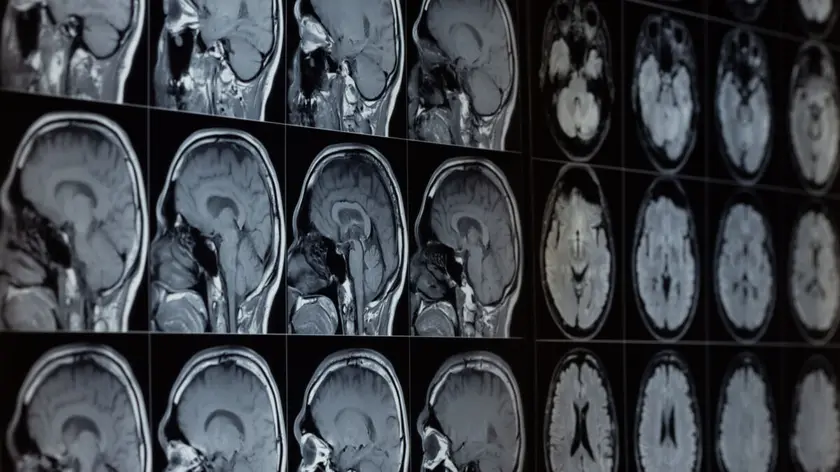T4K3.news
Natural brain lithium linked to Alzheimer's protection
Harvard researchers show lithium exists in the brain and low-dose, amyloid-evading compounds may hold promise for prevention and treatment. Clinical trials are needed.
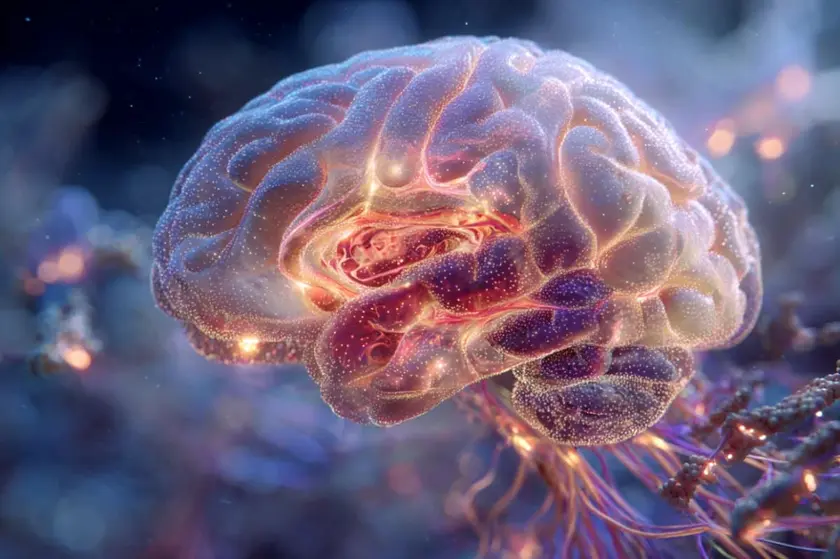
A decade-long Harvard study shows natural brain lithium supports cell function and its loss may drive early Alzheimer's changes, suggesting new prevention and treatment paths.
Natural brain lithium may change how Alzheimer's is treated
A decade-long study from Harvard Medical School shows that lithium exists naturally in the brain at biologically meaningful levels and helps maintain function across major brain cell types. The researchers found that lithium loss is an early change in Alzheimer's and can precede symptoms. In mouse models, lithium depletion accelerated disease features, while a lithium salt designed to evade amyloid binding restored memory and reduced damage.
Researchers describe a potential path to early diagnosis and prevention that targets a fundamental driver of neurodegeneration rather than a single marker. A compound called lithium orotate, given at very low doses, reversed pathology in mice; however, translation to humans requires careful clinical trials because high-dose lithium can be toxic in older adults. The team says measuring brain lithium could become part of risk screening and that amyloid-evading lithium compounds deserve testing as treatments or preventives.
Key Takeaways
"Lithium depletion is an early sign of Alzheimer's"
Direct finding about early disease stage
"Lithium orotate is effective at one-thousandth that dose"
Low-dose therapeutic approach in mice
"What impresses me the most about lithium is the widespread effect"
Yankner's remark on broad impact
The study shifts the Alzheimer’s conversation toward brain chemistry and metabolism. If the results hold in humans, future therapies could aim to preserve natural lithium levels rather than simply targeting plaques. The work also highlights that safely testing amyloid-evading lithium compounds could widen the therapeutic toolkit beyond anti-amyloid strategies.
Yet caution is essential. Mouse data rarely guarantee success in people, and long-term lithium use carries safety concerns. The research invites new kinds of trials, new funding decisions, and careful messaging to patients and families.
Highlights
- The brain hides a quiet shield we forgot to name
- A natural metal could redefine the fight against memory loss
- Small doses, big questions for the future of dementia care
- You have to be careful about extrapolating from mouse models
The study opens a new path but keeps the path forward grounded in patient safety.
Enjoyed this? Let your friends know!
Related News
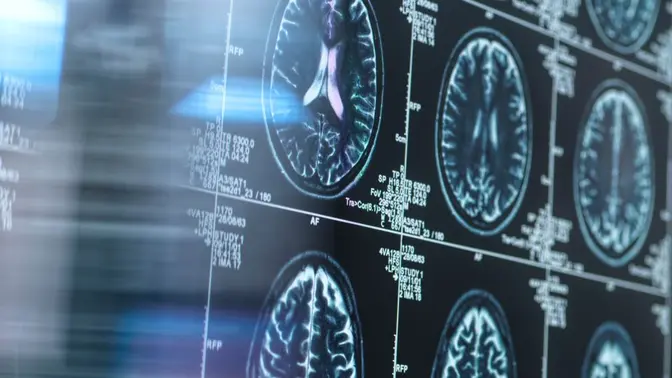
New study reveals lithium's potential role in Alzheimer's prevention
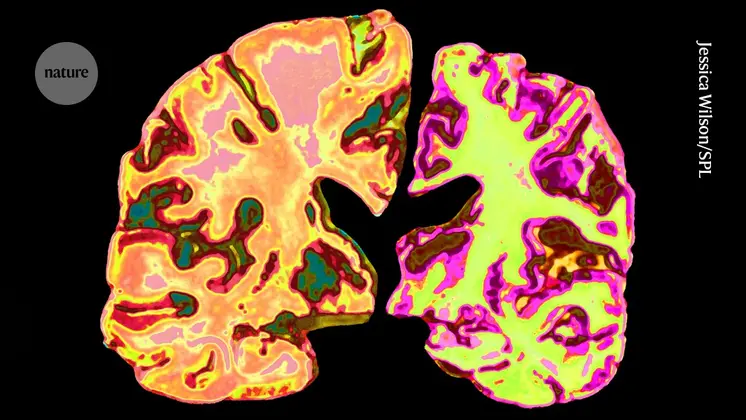
New study reveals lithium’s potential in treating Alzheimer’s
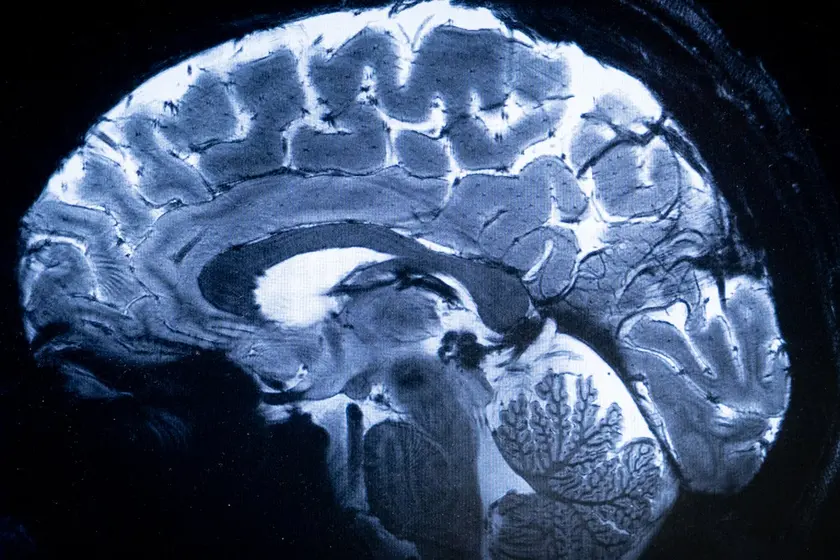
New study links lithium deficiency to Alzheimer's disease

New study reveals lithium's potential in Alzheimer’s treatment

Lithium shows potential for Alzheimer's treatment
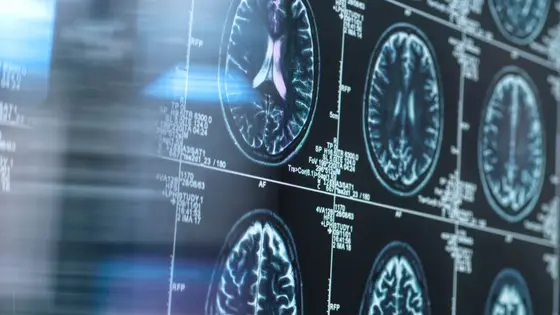
New Harvard study reveals lithium could fight Alzheimer's
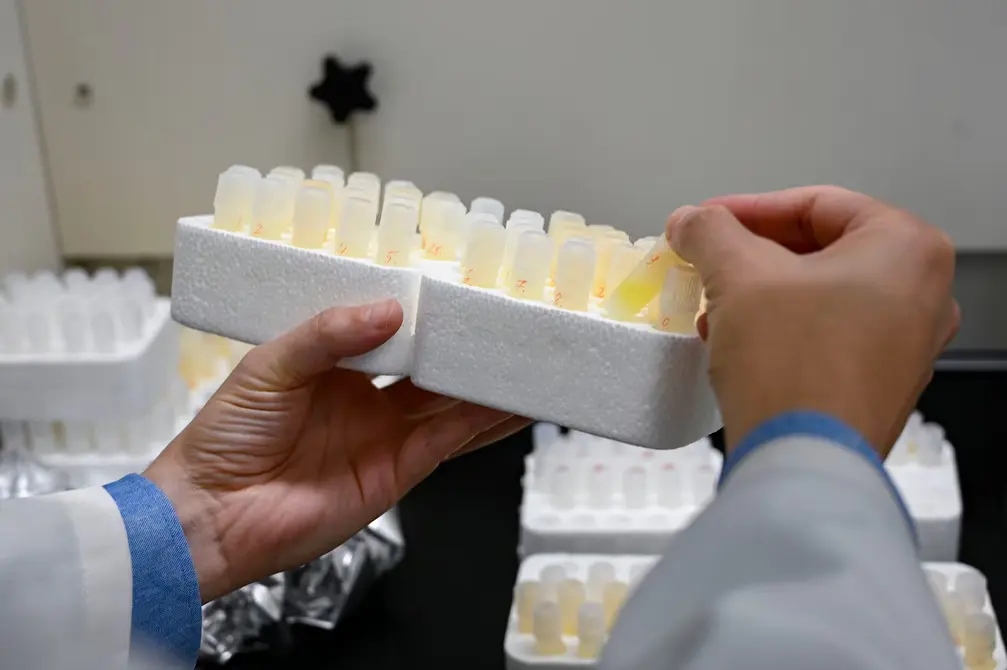
New study shows lithium may protect against cognitive decline
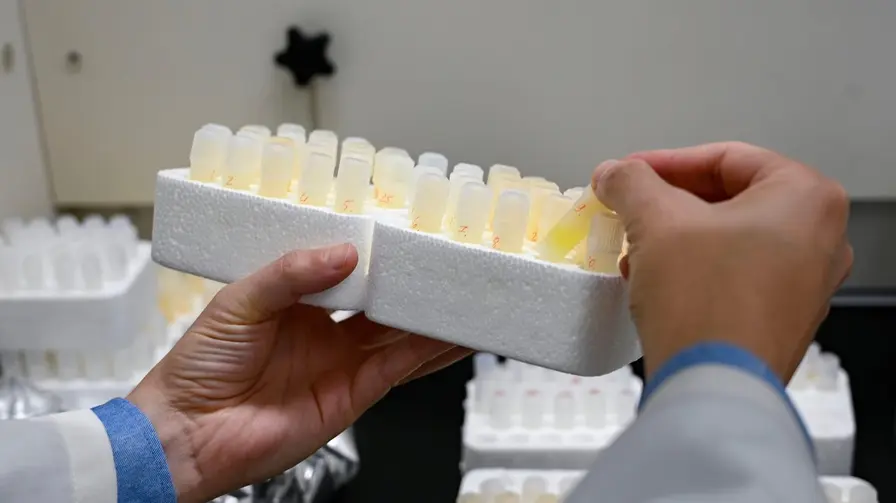
Harvard lithium study renews hope for Alzheimer's treatment
